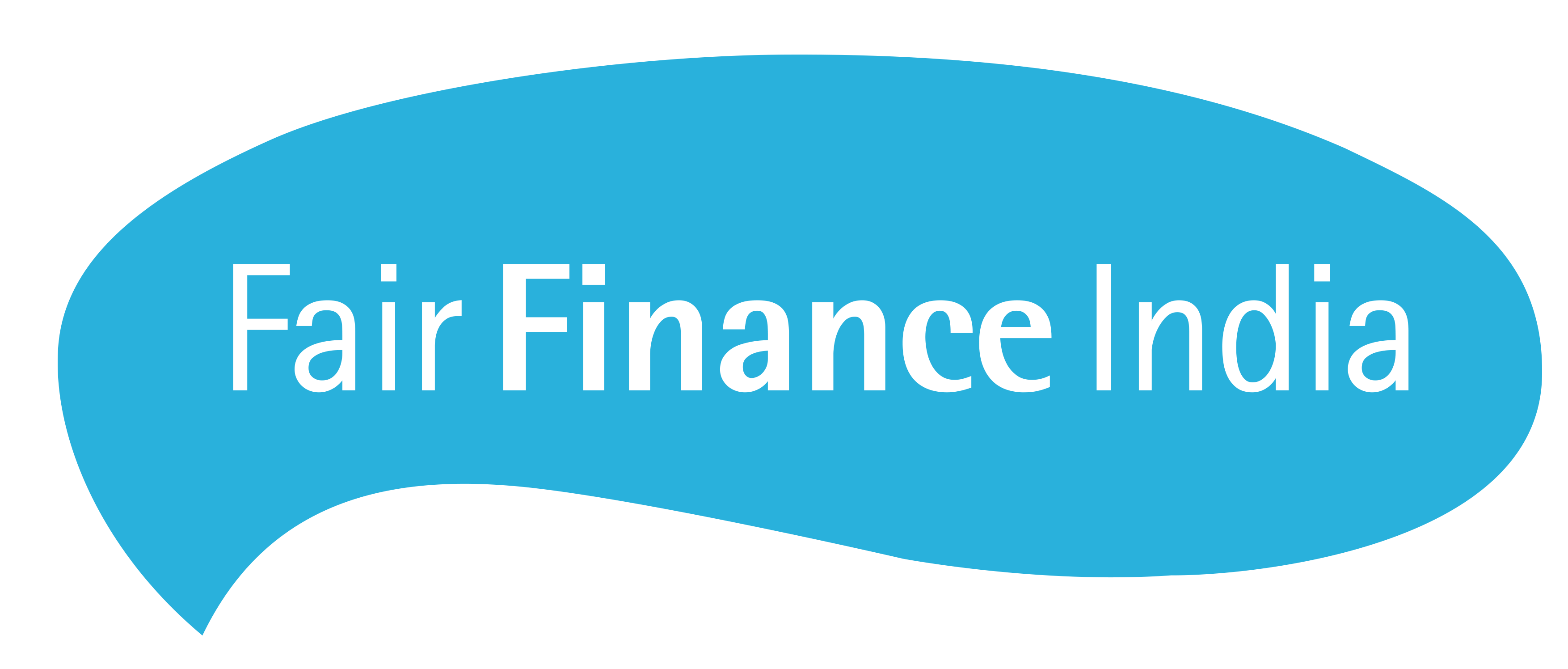
- Home
- Featured Themes
- Human rights
How do banks score on
About Human rights
India has ratified a number of international human rights instruments such as the Convention on the Elimination of all forms of Discrimination Against Women (CEDAW) (1979), Convention on the Rights of the Child (CRC) (1989) and Convention on Rights of Persons with Disabilities (2006) among others with relevant laws in place in conformity with their conventions. The Constitution of India guarantees fundamental rights and is the foundation of India’s commitment to human rights. The fundamental rights include the right to life, personal liberty, equality and equal protection of the law, freedom of speech and expression, freedom of religion and right to freedom from exploitation.
Indian human rights laws protect vulnerable groups such as low wage workers, Scheduled Castes, Scheduled Tribes, Other Backward Classes and disabled people, children and women. These groups are protected against discrimination, caste and gender based harassment and are required to be provided equal remuneration and opportunities by private actors. OHCHR has issued advice regarding the application of the UNGPs in the context of the banking sector. It explicitly states that “banks should have in place policies and processes appropriate to their size and circumstances, including a human rights due diligence process to identify, prevent, mitigate and account for how they address their impacts on human rights.” NVGRF’s Principle 7 explicitly states that “financial institutions should respect and promote human rights” in their operations and investments.
Thank you for submitting
Your message has succesfully been placed
